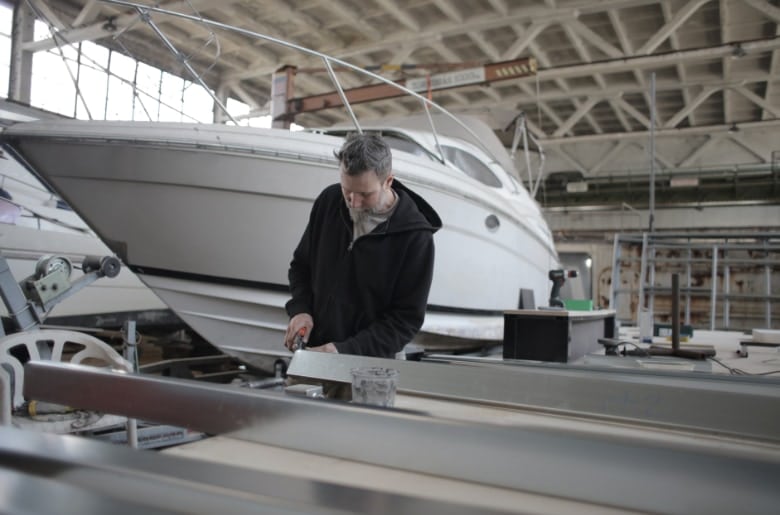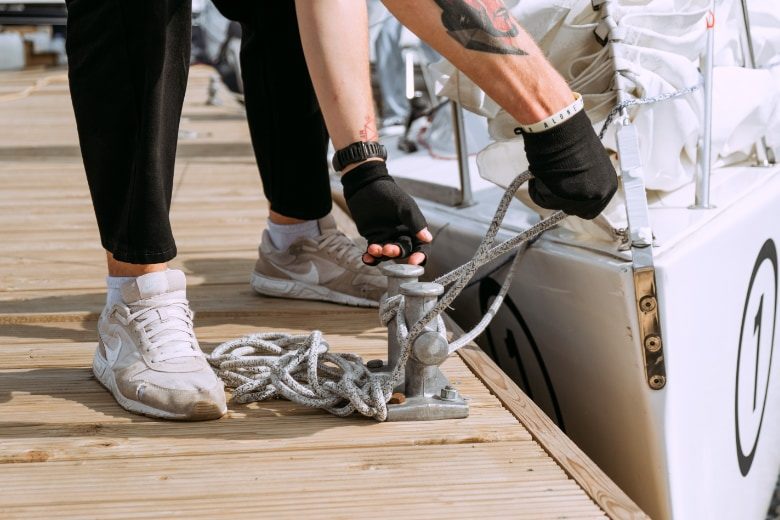Owning a boat is arguably one of the most liberating experiences out there. Mankind was always enamored with exploring the waters all over the world, whether a lake or an ocean. Having the ability to partake in this activity on your own, using your own vessel, is an awesome privilege. However, owning a boat brings forth a number of costs as well. Here’s a brief rundown on the financial side of owning a boat, and how it can affect your experience.
Deceptive Price Tags
Looking at brochures and ads quickly gives you a rough idea as to how much money you’ll need to spend to get the type of boat you want. You’ll find concrete figures that you can then work into your budget. However, the purchase price is rarely an issue when it comes to owning a boat.
It’s all the costs you don’t hear about that might make your dream of being a boat owner into a nightmare. Yet, there is no room for panic. Owning a boat can be costly, but it doesn’t have to be an issue as long as you’re fully aware of the financial framework necessary to accommodate it. Of course, the way you finance your boat matters as well. There are different finance options that can make an otherwise expensive boat rather manageable.
Maintenance and Upkeep
Boats, akin to, but more so than cars, require a certain level of maintenance and upkeep. Skipping on maintenance can lead to absorbent repair bills. Engines require standard maintenance (oil, filters, etc.), but also a number of unique procedures that can be costly depending on the size of the motor and its nature.
Then there’s the hull. Every boat’s hull has to be cleaned and painted periodically. If the boat is a saltwater vessel, these maintenance tasks are critical. And this is just the tip of the iceberg. Overall, maintenance costs generally reach up to 10% of the purchase price, annually.
Storage
Your boat won’t spend 365 days being used. Depending on where you live, you could very well have your boat in storage for most of the year. As you might have guessed, storing a boat can be costly. That being said, there are different options to explore — some more expensive than others.
The key is finding a solution that works for you, both in terms of price and convenience. Mooring your boat at your local yacht club can prove to be a massive financial drain. On the other hand, putting your boat on a trailer and storing it in your garage, or backyard can significantly cut your storage expenses.
Insurance
Insurance is one of those overt expenses that many people like to ignore. Yet, it’s a necessity. Boat insurance policies will vary in price depending on the boat you’re insuring, but also the provider, as well as the type of insurance you’re looking to get.
It’s not a bad idea to go beyond the most basic plan and include towing insurance and similar extras that can come in handy should you ever find yourself dead in the water.
Ship of Theseus

One of the more obscure facts about owning a boat is that every boat is essentially a ship of Theseus. In other words, you’ll slowly need to replace vital components due to age. If you’re buying a brand-new boat, chances are that the only thing you’ll have to worry about is getting a new battery in 5 years or so.
However, if you’re looking to get a used boat, you really need to take inventory of every major system. As it turns out, the engine, electrical, plumbing, winches, AC, and other components need to be replaced every 10-25 years depending on what type of maintenance was done on the boat. Needless to say, these replacements and repairs can become expensive rather quickly. If you’re getting a used boat, hire someone to do a thorough inspection prior to purchase.
Plan Ahead
Boats can be expensive, but they don’t have to be. It all comes down to how well you can plan for owning a boat and how good you are with budgeting. If you’re looking to own a boat without it becoming a money pit, you need to do your research and stick to realistic goals. In other words, don’t spend your entire budget to purchase a boat and then try to roll with the punches as they come. Instead, plan ahead and be prepared for variables that are often difficult to predict, but still a factor.





